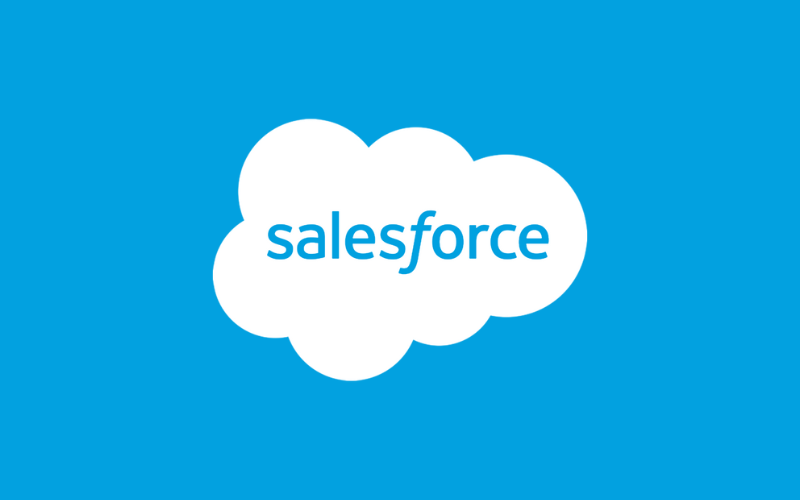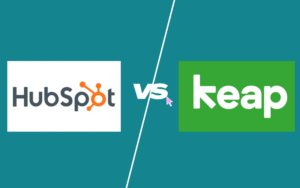Introduction to Salesforce
Salesforce is one of the most widely used customer relationship management (CRM) platforms in the world. Known for its powerful features, flexibility, and ability to scale with businesses of all sizes, Salesforce helps companies streamline sales, marketing, and customer service operations. In this blog post, we’ll explore everything you need to know about Salesforce review —including its core features, strengths, weaknesses, pricing, and more—to help you decide if it’s the right CRM for your business.
CRM Capabilities
Salesforce is widely recognized as the leading Customer Relationship Management (CRM) platform, and for good reason. Its CRM capabilities are powerful, scalable, and designed to help businesses of all sizes build stronger customer relationships.
At its core, Salesforce provides a centralized platform where you can store and manage customer data. This includes contact details, communication history, lead status, and more. Everything is organized and easily accessible, helping teams collaborate and stay aligned.
One of the standout CRM features of Salesforce is its 360-degree customer view. Every interaction with a customer—across sales, service, and marketing—is tracked and available in one place. This gives your team the context needed to deliver personalized experiences.
Salesforce also includes advanced lead and opportunity management tools. Sales reps can track leads through the pipeline, automate follow-ups, and get reminders to stay on top of their deals. The customizable dashboards and real-time reports provide insights into team performance, sales forecasts, and customer behavior.
Another key benefit is workflow automation. With Salesforce, you can automate repetitive tasks like sending emails, assigning leads, or updating records. This saves time and ensures nothing falls through the cracks.
The mobile CRM functionality ensures that your team can access important customer data and updates from anywhere. Whether they’re in the office or on the go, everything is available in real-time.
Overall, Salesforce’s CRM capabilities are not just about storing data—they’re about using that data to drive meaningful engagement and business growth.
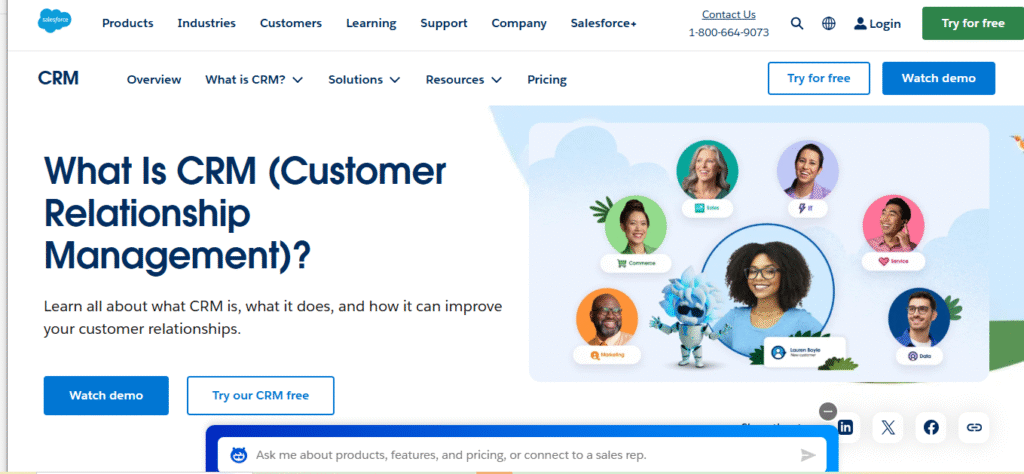
Customization & Flexibility
One of the strongest advantages of Salesforce is its high level of customization and flexibility, allowing businesses to tailor the platform to their unique needs. Whether you are a small startup or a large enterprise, Salesforce offers tools to customize workflows, data fields, and user interfaces without requiring advanced coding skills.
Salesforce’s customization starts with the ability to create custom objects and fields. This means you can design your database to fit the specific information your business tracks, beyond the standard CRM data. For example, if your sales process involves unique steps or additional data points, you can easily build them into Salesforce.
Beyond data structure, Salesforce provides flexible automation options. Through its point-and-click tools, you can set up automated workflows, approval processes, and triggers to simplify daily operations. This reduces manual work and ensures consistent business processes across teams.
Another key aspect of Salesforce’s flexibility is its integration with the AppExchange marketplace. Here, users can find thousands of pre-built apps and components created by third-party developers to extend Salesforce’s functionality. Whether you need advanced analytics, marketing automation, or industry-specific solutions, chances are there is an app ready to be installed.
Salesforce also supports deeper customization through its robust developer platform, allowing businesses with technical resources to build fully customized applications using Apex code and Visualforce pages. This level of flexibility ensures Salesforce can scale and evolve as your business grows and changes.
In summary, Salesforce’s customization and flexibility empower businesses to create a CRM environment that truly fits their workflows and goals, making it a versatile choice for many industries.
Sales Automation Features
Salesforce offers a robust set of sales automation features designed to help sales teams increase efficiency and close deals faster. By automating routine tasks, Salesforce enables sales reps to focus more on building relationships and less on administrative work.
At the heart of Salesforce’s sales automation is lead and opportunity management. The platform allows you to automatically capture leads from multiple sources—such as web forms, email campaigns, and social media—and assign them to the right sales reps based on custom rules. This ensures timely follow-up and reduces the risk of leads falling through the cracks.
Salesforce also automates repetitive tasks like sending follow-up emails, scheduling meetings, and updating records. Through workflow rules and process builder tools, you can create automation that triggers actions based on specific events, such as when a deal reaches a particular stage in the sales pipeline.
Pipeline management is another critical feature. Salesforce provides real-time visibility into sales stages, helping managers track progress and forecast revenue accurately. Automated reminders and alerts keep sales reps on schedule with tasks and deadlines.
Additionally, Salesforce integrates with email and calendar applications, making it easy to log communications and sync meetings without manual input. This seamless integration saves time and keeps all sales data in one place.
Overall, Salesforce’s sales automation features streamline the entire sales process, improve team productivity, and help businesses close more deals efficiently.
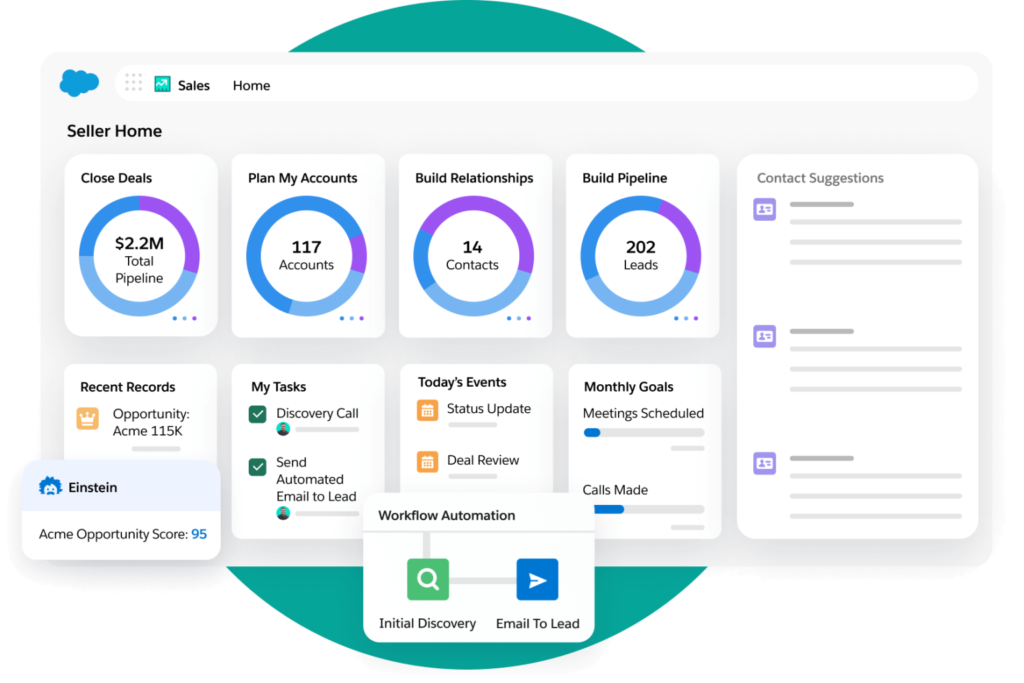
Marketing Automation & Campaign Management
Salesforce offers powerful marketing automation and campaign management tools that help businesses streamline their marketing efforts and engage customers more effectively. With Salesforce, marketers can create, manage, and track campaigns all within one unified platform.
The Marketing Cloud, a key part of Salesforce, enables users to automate personalized email campaigns, social media outreach, and customer journeys. This means businesses can send the right message to the right audience at the right time, boosting engagement and conversion rates.
Salesforce’s automation capabilities allow marketers to build multi-step campaigns using visual workflow builders. You can set triggers based on customer behaviors—such as opening an email or visiting a website—and automatically move leads through the marketing funnel with relevant content.
Campaign management is made easier with detailed tracking and reporting features. Salesforce provides insights into campaign performance, lead sources, and ROI, helping marketing teams make data-driven decisions to optimize future campaigns.
Integration with Salesforce CRM means marketing and sales teams stay aligned. Leads generated from campaigns automatically flow into the sales pipeline, ensuring timely follow-up and improving conversion rates.
In summary, Salesforce’s marketing automation and campaign management tools provide businesses with the flexibility and insight needed to run effective marketing programs that drive growth.
Customer Support
Salesforce excels in providing comprehensive customer support solutions through its Service Cloud platform. Designed to help businesses deliver fast, personalized, and efficient support, Salesforce’s customer support features empower service teams to resolve issues quickly and improve customer satisfaction.
With Salesforce, support agents have access to a unified view of each customer, including their purchase history, previous interactions, and ongoing cases. This 360-degree customer insight allows agents to offer tailored assistance and resolve problems without making customers repeat information.
Salesforce Service Cloud offers intelligent case management that automates the assignment and prioritization of support tickets. Cases can be routed to the most qualified agent based on skills, availability, or workload, ensuring faster response times.
Additionally, Salesforce supports multiple communication channels, including phone, email, live chat, and social media. This omnichannel approach enables customers to reach support in the way that’s most convenient for them.
Salesforce also integrates AI-powered tools like Einstein Bots to handle routine inquiries and free up human agents for more complex issues. These chatbots can answer common questions, gather information, and escalate cases when needed.
Reporting and analytics tools in Salesforce help managers monitor key support metrics such as response times, resolution rates, and customer satisfaction scores. This data is essential for continuously improving service quality.
Overall, Salesforce’s customer support capabilities enable businesses to provide consistent, efficient, and proactive service that enhances customer loyalty.
AI and Analytics (Einstein AI)
Salesforce stands out in the CRM market with its powerful AI and analytics capabilities, primarily driven by Salesforce Einstein. Einstein AI is built directly into the Salesforce platform to provide intelligent insights and automate data-driven actions that help businesses make smarter decisions.
With Einstein AI, Salesforce users gain predictive analytics that forecast sales trends, identify the most promising leads, and recommend the next best actions for sales reps. This helps teams prioritize efforts on deals with the highest chance of closing, improving overall productivity.
Einstein also enhances customer service by analyzing past support cases and predicting potential issues before they arise. This proactive approach enables businesses to resolve problems faster and improve customer satisfaction.
In marketing, Salesforce Einstein automates audience segmentation and personalizes customer journeys based on behavior and preferences, increasing campaign effectiveness.
The analytics tools within Salesforce provide customizable dashboards and real-time reports that visualize key business metrics clearly. These insights are accessible across devices, empowering teams with data wherever they work.
By combining AI and analytics, Salesforce helps businesses unlock the full potential of their data, driving growth through smarter sales, marketing, and support decisions.
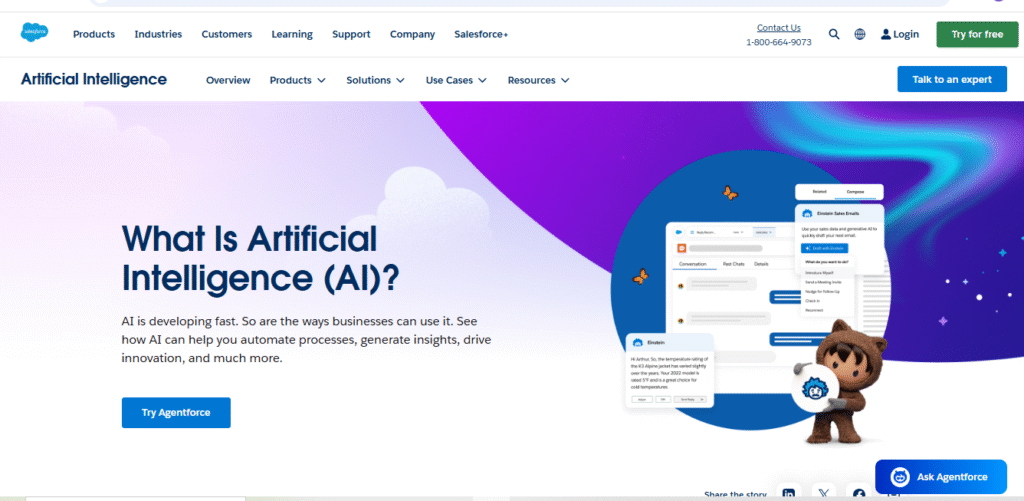
Integration & API Capabilities
Salesforce offers extensive integration and API capabilities that allow businesses to connect their CRM with a wide range of external applications and systems. This flexibility makes Salesforce a central hub for managing customer data across multiple platforms.
The Salesforce platform supports REST and SOAP APIs, enabling developers to create custom integrations that fit specific business needs. These APIs allow seamless data exchange between Salesforce and other tools like ERP systems, marketing platforms, accounting software, and more.
In addition to custom integrations, Salesforce has a vast ecosystem through its AppExchange marketplace, where users can find thousands of pre-built connectors and apps. These integrations simplify connecting Salesforce to popular tools such as Microsoft Outlook, Google Workspace, Slack, and many others.
Salesforce also supports real-time data synchronization, ensuring that updates made in connected systems are reflected instantly within the CRM. This keeps customer information accurate and up to date across all channels.
Furthermore, Salesforce provides tools like MuleSoft for more complex integration scenarios, enabling enterprises to unify data from disparate sources with ease.
Overall, Salesforce’s integration and API capabilities empower businesses to build a connected technology stack that enhances productivity and provides a seamless customer experience.
Pricing & Plans
Salesforce offers a range of pricing and plans designed to meet the needs of businesses of all sizes, from startups to large enterprises. Its flexible pricing structure allows companies to choose a solution that matches their requirements and budget.
Salesforce’s most popular product, Sales Cloud, comes with several pricing tiers. The Essentials plan is aimed at small businesses and includes basic CRM features at an affordable monthly rate per user. The Professional plan adds more customization options and automation tools, making it suitable for growing teams. For larger organizations, the Enterprise plan provides advanced customization, workflow automation, and comprehensive integration capabilities. There’s also an Unlimited plan, which offers the full suite of Salesforce features along with 24/7 support and additional services.
Other Salesforce products, such as Service Cloud, Marketing Cloud, and Commerce Cloud, have their own pricing structures depending on the features and services included. Customers can also purchase add-ons like Salesforce Einstein for AI capabilities, or Pardot for advanced marketing automation.
Salesforce typically operates on a subscription model with pricing based on the number of users and the selected edition. This allows businesses to scale their CRM solution as they grow, adding more users and features when needed.
While Salesforce is often seen as a premium CRM solution, the value it provides in terms of features, flexibility, and scalability makes it a worthwhile investment for many organizations.
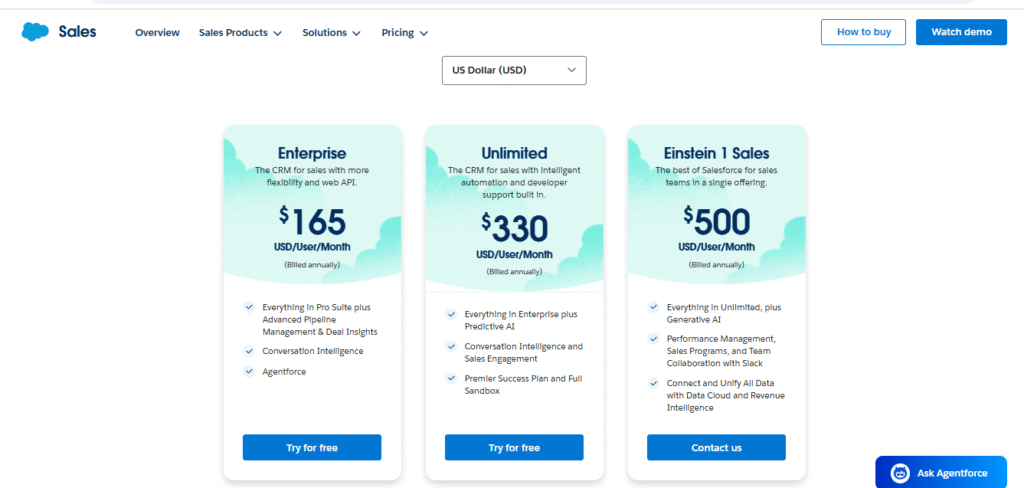
Pros and Cons of Using Salesforce
Salesforce is one of the most popular CRM platforms available today. It comes with many strengths but also has some challenges businesses should consider. Here’s a simple breakdown:
Pros of Using Salesforce
- Highly Customizable: Salesforce can be tailored to fit specific business needs, workflows, and industries.
- Powerful Automation Tools: Automates sales, marketing, and customer service tasks to improve efficiency.
- Strong Integration Capabilities: Connects easily with thousands of apps and systems through APIs and the AppExchange marketplace.
- Advanced AI and Analytics: Salesforce Einstein provides predictive insights, smart recommendations, and detailed reporting.
- Scalable for Growth: Suitable for businesses of all sizes, from startups to large enterprises.
Cons of Using Salesforce
- High Cost: Pricing can be expensive, especially for small businesses or those needing advanced features and add-ons.
- Steep Learning Curve: New users may require significant training to fully leverage the platform.
- Requires Technical Resources: Customizations and integrations often need technical expertise, adding to the time and cost.
Conclusion
Salesforce is a powerful, feature-rich CRM platform that helps businesses manage their sales, marketing, and customer service operations more effectively. From advanced automation and AI tools to deep customization and integration capabilities, Salesforce offers everything a business needs to scale and succeed.
However, it’s important to weigh the benefits against potential challenges like cost and complexity. For companies willing to invest in setup and training, Salesforce can deliver significant value through improved efficiency, smarter decision-making, and better customer relationships.
Whether you’re a small business looking to grow or a large enterprise managing complex operations, Salesforce has the tools to support your journey. Take time to evaluate your specific needs, compare plan options, and explore how Salesforce can fit into your business strategy.

